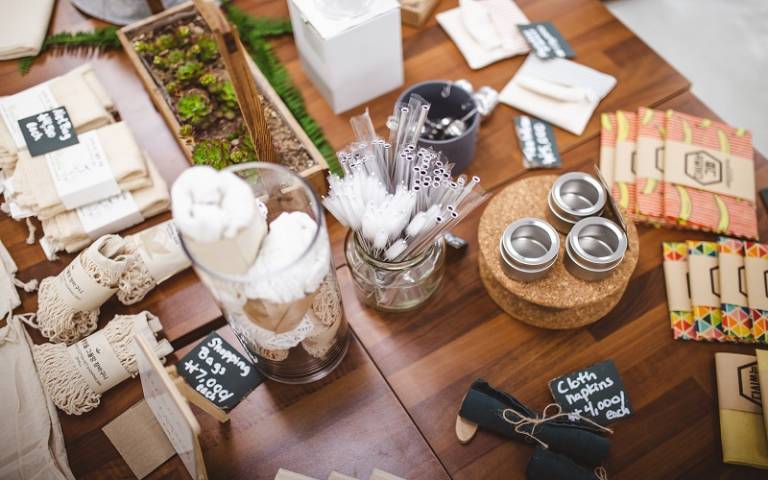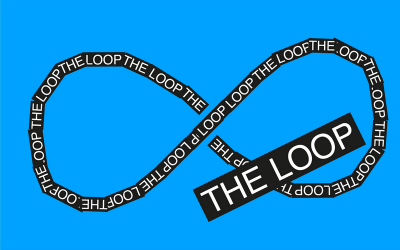Making zero waste accessible for all
Reducing plastic waste is essential, yet ‘zero-waste’ is increasingly an aspiration associated with a privileged lifestyle that leaves many feeling excluded. So, is ‘zero-waste’ truly accessible?

27 July 2021
What is the problem with zero-waste?
Consuming fewer resources and focussing on reusing and repairing must be a priority for society, and how we go about it is equally important. The same zero-waste movement that encourages reducing consumption is also used to promote the purchase of new ‘innovative’ zero-waste products and solutions. The result is that a zero-waste lifestyle has become less concerned with reducing, and instead centres on a different type of consumption, often of expensive and ‘luxury’ reusable alternatives to existing products.
A lifestyle choice for whom?
As the popularity and awareness of the plastic waste problem increases, reducing waste has been pushed in mainstream media as an individual lifestyle aspiration, typically imagined as the reserve of able-bodied, white, middle-class women. This overemphasis on individual choice is important, because having a choice about where and how often we shop, and the time to buy unpackaged food from multiple shops and markets, is a privilege. Living zero-waste, in the way it is often portrayed, is simply out of reach for many people, and plastic-free campaigns and policy interventions frequently disregard disabled people altogether.
Eliminating plastic or eliminating access?
Plastic straws and fruit and veg packaging in particular are labelled as unnecessary, yet some disabled people are unable to peel and prepare their own fruit and veg, or need a plastic, bendy straw to be able to drink or consume food. Moving to ban these items renders a healthy diet completely inaccessible for some disabled people.
What can we do about it?
Simply branding some plastic items as ‘non-essential’ and disabled people as exempt from bans, or requiring the purchase of expensive, specialist zero-waste items is not enough. This becomes not only a financial burden but adds to the often extensive list of items disabled people must carry with them, and creates a culture in which one has to prove they are ‘disabled enough’ to use a single-use product.
Instead, we must focus on universal design and create products that are accessible to everyone, affordable and widely available. Disabled people must be included in the zero-waste conversation, and it is essential that we widen our perspective, and focus less on individual lifestyle choices and more on collective action that can drive big changes.
> Read more about universal design.
 Close
Close




